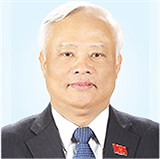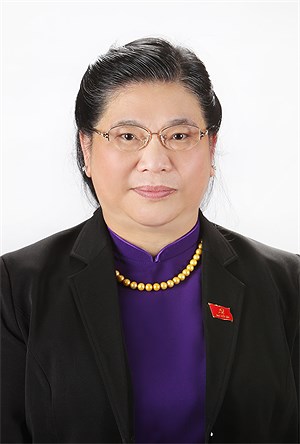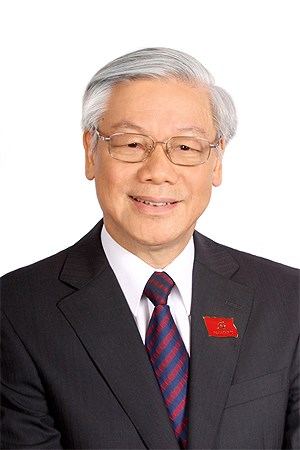National Assembly Chairperson
National Assembly Vice Chairpersons

Uong Chu Luu
Year of birth: 1955
Position: Member of the Party Central Committee in the 9th, 10th, 11th and 12th tenures; Vice Chairman of the National Assembly of the Socialist Republic of Vietnam

Tong Thi Phong
Year of birth: 1954
Position: Member of the Political Bureau in the 11th and 12th tenures; Vice Chairwoman of the National Assembly
